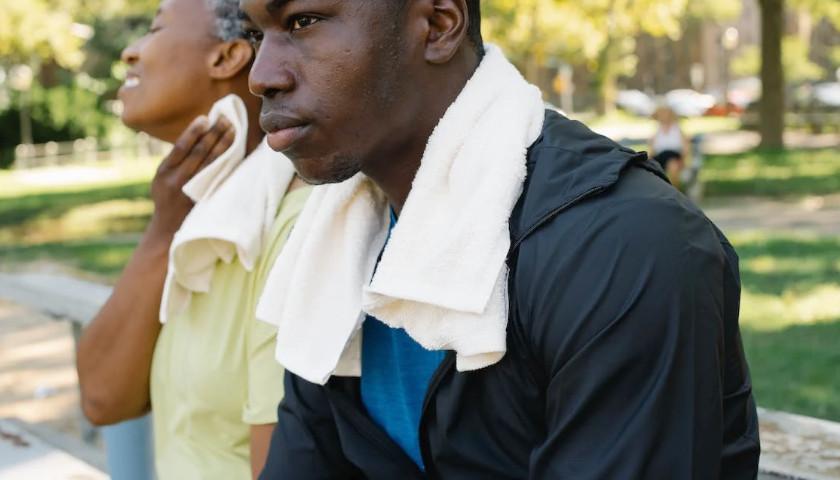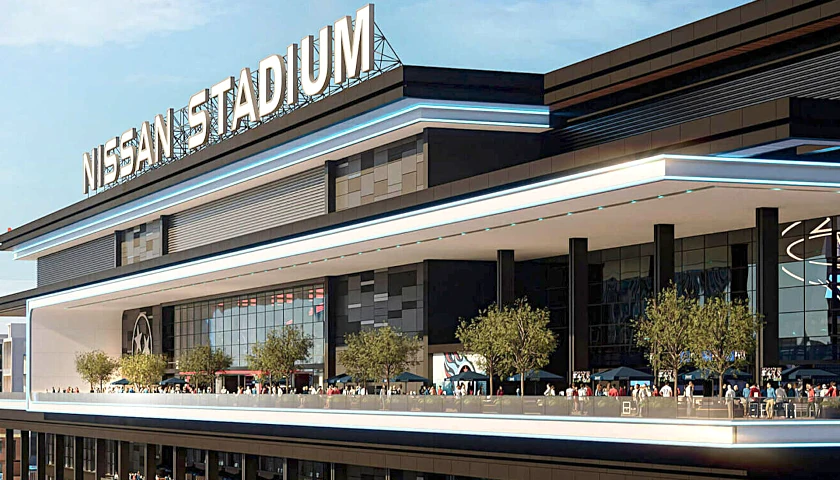Nashville Electric Services (NES) has shared a list of tips on how to stay safe and conserve energy usage during periods of extreme heat.
Temperatures in Nashville are forecasted to be in the high 80s and low 90s for the next two weeks, according to The Weather Channel.
People suffer heat-related illnesses when the body’s temperature control system is overloaded, according to the Centers for Disease Control and Prevention (CDC). Heat stroke is the most serious heat-related illness, the CDC notes, as the illness can cause body temperatures to rise to 106°F or higher within 10 to 15 minutes. Heat stroke can cause death or permanent disability if emergency treatment is not provided.
Symptoms of a heat-related illness include:
- High body temperature (103°F or higher)
- Warm, dry skin or pale, clammy skin
- Rapid heart rate
- Headache
- Dizziness
- Confusion
- Fainting
- Fatigue
- Muscle or abdominal cramps
- Nausea, vomiting or diarrhea
“When it feels like an oven outside, you know it’s too hot. The extreme heat that will descend on Middle Tennessee this week is also very dangerous. Everyone’s at risk when temperatures rise above 90 degrees, but the elderly are most susceptible to heat-related illness and death,” NES writes on its website.
NES recommends that residents check in on friends and family in their communities who live alone and have a chronic illness or reduced mobility and “offer to drive them to an air conditioned location, if needed,” as, according to the company, “air conditioning is the strongest protection against heat-related illness.”
“If there’s no A/C at home, consider visiting a shopping mall or public library for a few hours, and don’t forget to drink plenty of water. Cooling centers may also be available throughout the community,” NES notes.
If your summer energy bills are higher but you haven’t changed the thermostat, here’s why!
Follow these tips to offset the hike in summer energy use: https://t.co/DNX1vaxnnS pic.twitter.com/I3jvtX6sDx
— Nashville Electric Service (@NESpower) July 5, 2023
In regards to conserving energy usage during periods of extreme heat, NES recommends the following tips:
- Set your thermostat no lower than 78 degrees. Use ceiling fans to keep air flowing when you’re at home and to reduce the feels-like temperature when you’re in a room.
- Remember to turn a fan off when you leave the room. Fans cool people, not rooms.
- Put off chores that involve electric appliances, such as dishwashing and laundry, during peak power times (10 a.m. – 8 p.m.).
- Use the microwave instead of the oven for cooking your meals.
- Turn off lights when you leave the room and unplug unused electronics.
- Keep garage doors closed as much as possible. This will help slow hot air from trickling into your home.
- Keep curtains and blinds closed on the sunny side of your home to block out some of the heat, while opening blinds on the shady side to provide natural lighting without raising the temperature.
– – –
Kaitlin Housler is a reporter at The Tennessee Star and The Star News Network.





